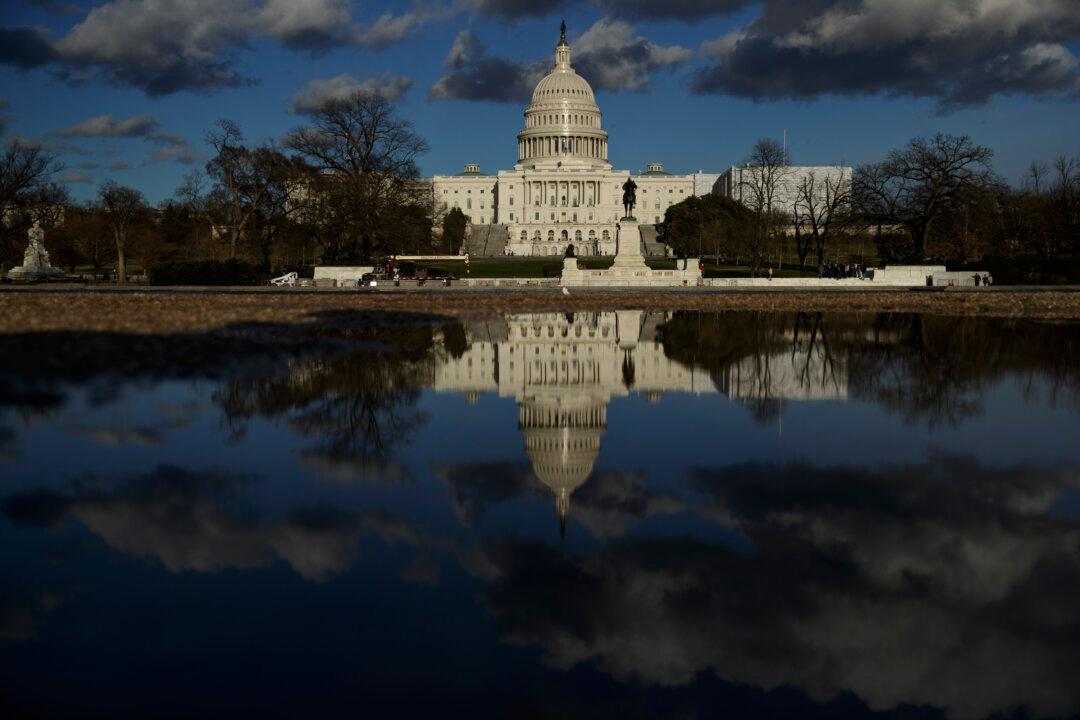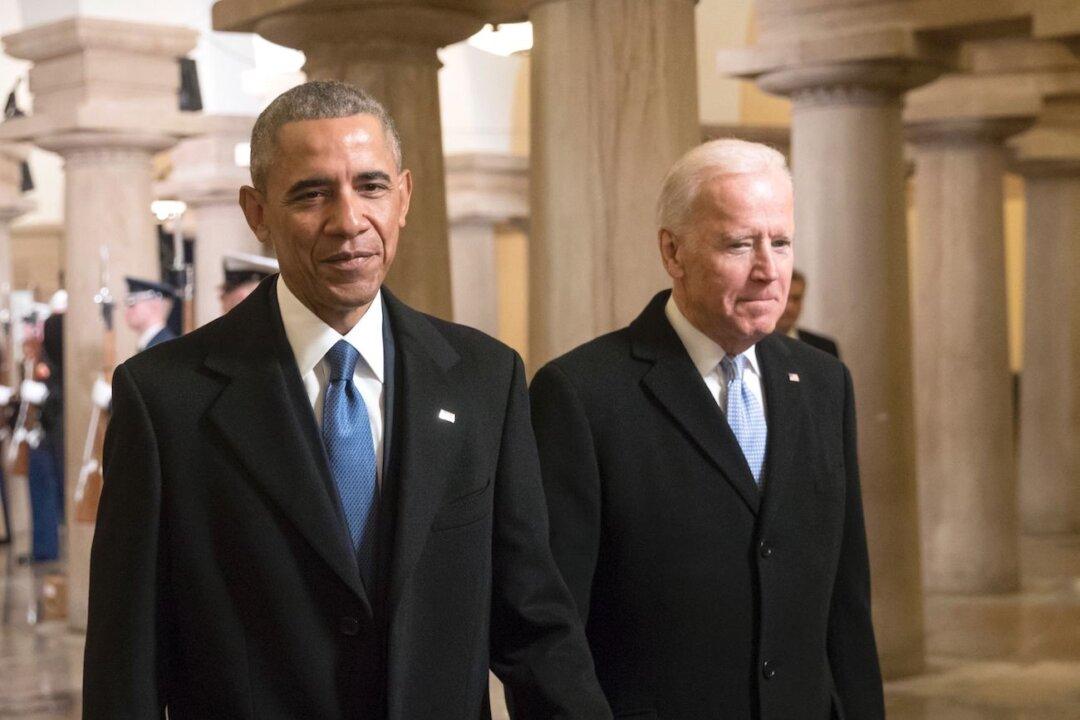“You’ll regret this, and you may regret this a lot sooner than you think,” then-Senate Minority Leader Mitch McConnell (R-Ky.) told then-Senate Majority Leader Harry Reid (D-Nev.) in 2013 upon Senate Democrats’ invoking the “nuclear option” to prevent Senate Republicans from filibustering all lower-court judicial nominations. And so it was: In 2017, facing fierce Democratic opposition on the nomination of then-Judge Neil Gorsuch to replace Justice Antonin Scalia on the Supreme Court, then-Majority Leader McConnell galvanized Republicans to extend Reid’s precedent to Supreme Court nominees. Gorsuch, Brett Kavanaugh, and Amy Coney Barrett all ended up benefiting by means of razor-thin confirmation margins on the Senate floor that would not have been possible with traditional filibuster rules in place.

The U.S. Capitol in Washington, D.C. is seen on March 22, 2019. Drew Angerer/Getty Images
|Updated:
Commentary
Josh Hammer is opinion editor of Newsweek, a research fellow with the Edmund Burke Foundation, counsel and policy advisor for the Internet Accountability Project, a syndicated columnist through Creators, and a contributing editor for Anchoring Truths. A frequent pundit and essayist on political, legal, and cultural issues, Hammer is a constitutional attorney by training. He hosts “The Josh Hammer Show,” a Newsweek podcast, and co-hosts the Edmund Burke Foundation's “NatCon Squad” podcast. Hammer is a college campus speaker through Intercollegiate Studies Institute and Young America's Foundation, as well as a law school campus speaker through the Federalist Society. Prior to Newsweek and The Daily Wire, where he was an editor, Hammer worked at a large law firm and clerked for a judge on the U.S. Court of Appeals for the Fifth Circuit. Hammer has also served as a John Marshall Fellow with the Claremont Institute and a fellow with the James Wilson Institute. Hammer graduated from Duke University, where he majored in economics, and from the University of Chicago Law School. He lives in Florida, but remains an active member of the State Bar of Texas.
Author’s Selected Articles




